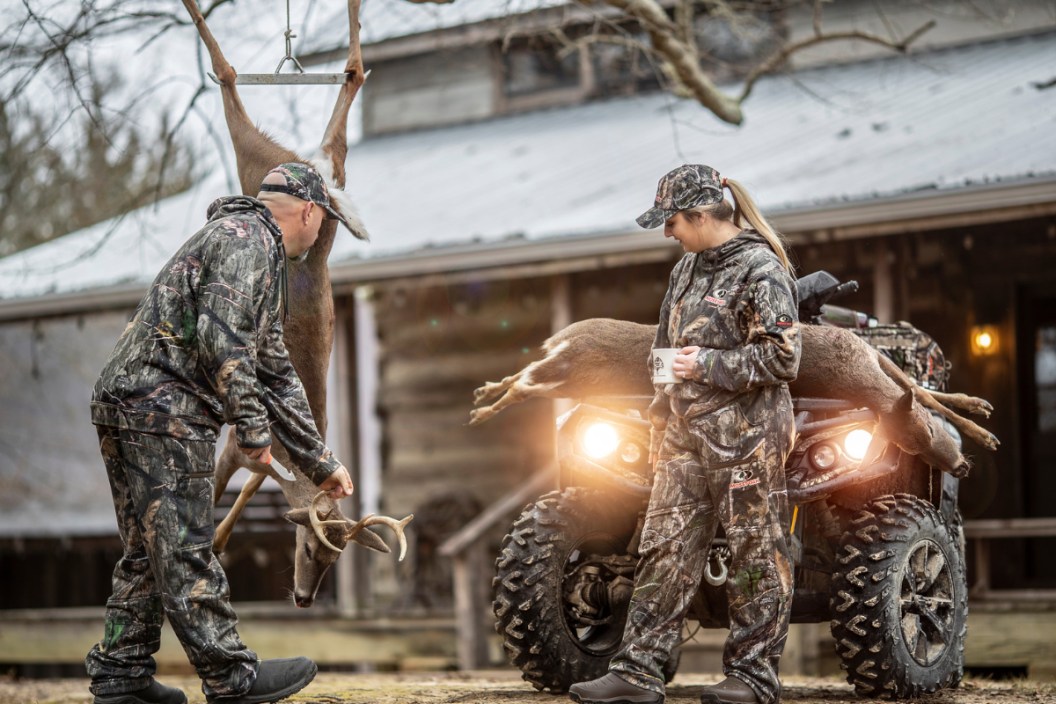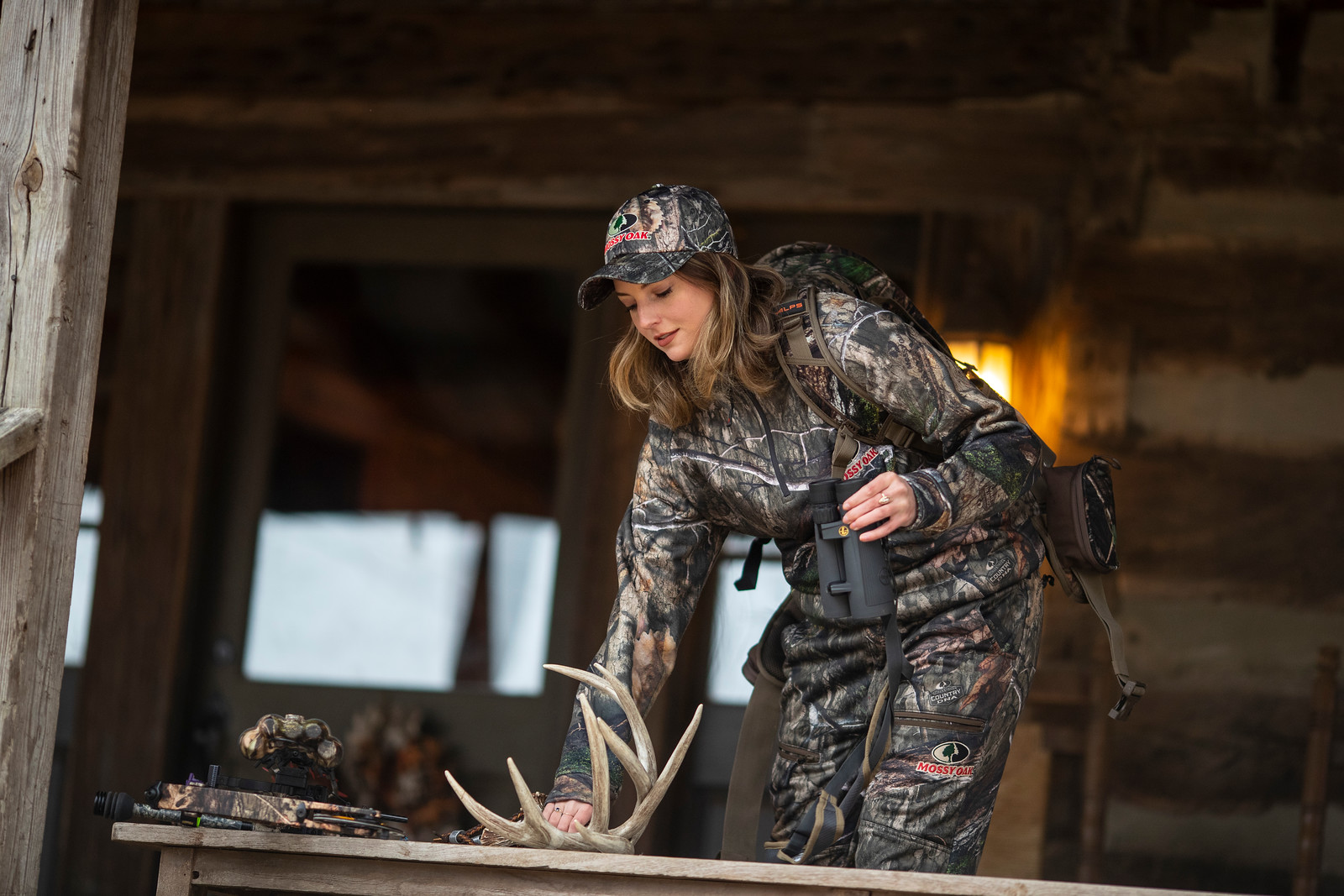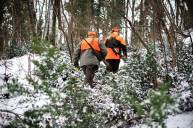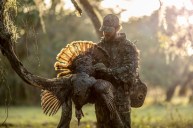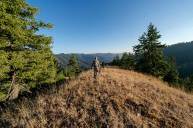When it comes to hunter recruitment, we can do better.
It's no secret the tradition of hunting is bleeding participants at a disturbing rate. State wildlife agencies have been sounding the alarm bells for years that this is a real problem that needs solving. Aside from a slight bump in interest in 2020 due to the Covid-19 pandemic, hunter numbers keep plummeting year after year.
That's bad news for the wild spaces we love that receive most of their funding through hunting license sales. Unfortunately, very few solutions to the issues plaguing hunting are being offered. Hunter recruitment is not easy as the pastime has one of the highest bars for entry of any outdoor recreation activity.
With that thought in mind, these are our thoughts on how we can start doing a better job of recruitment. Some of these ideas can be employed by all of us to make hunting more appealing in general.
Put more emphasis on the hunting for food aspect.
In the six years I've been writing about the outdoors, I have noticed a trend in social media debates on hunting. Most non-hunters (people who do not participate and are not anti-hunters) seem to be fine with hunting. However, it hinges greatly on the purpose of hunting. In general, the public seems to be fine with hunting so long as it is being done to gather a meal. Things get hairy when we start talking about big antlers, record books, and trophies.
When you think about it, the hunting industry may have hurt itself in this regard. Almost every major whitetail product features a big buck on the label. Almost every hunting show puts a huge emphasis on antlers and bigger being better. While this marketing strategy works well with hunting's dedicated fan base, I can see how it may be off-putting to someone on the outside looking in.
So, my solution there is to put more emphasis on the harvest as a means of providing for your family. It does work. Just look at what Steve Rinella has done with the "Meateater" series. It's a hunting show that has mainstream appeal and it's one of the few shows you'll see streaming somewhere like Netflix. Maybe we need to put more emphasis on cooking and less on how big those antlers are to draw in the casual crowd?
Figure out what we're doing right with female hunters.
Every single hunter demographic has been dropping for the last 30 years. Every demographic except one. For some reason more women are hunting than ever before. I have exchanged emails with hunter safety instructors in multiple states who also confirm women hunter numbers are increasing in their classes every year. To help back that up, there are multiple reports by federal and state agencies showing the same thing. Forbes reports the number of women in hunting has grown nearly 25 percent in the last 15 years alone.
Clearly, this indicates we CAN start to bring hunting back from the brink. And to be fair, what works for recruiting women may not work for other demographics that are bleeding hunters yearly. In a way, this ties back into what I discussed in the first point.
Most experts think the surge in female interest in hunting is closely tied into providing food for their families or simply a desire to be more involved in where their meals come from. If we can better nail down exactly what efforts are working best with women, we can build better strategies for other demographics.
Provide better hunting access opportunities.
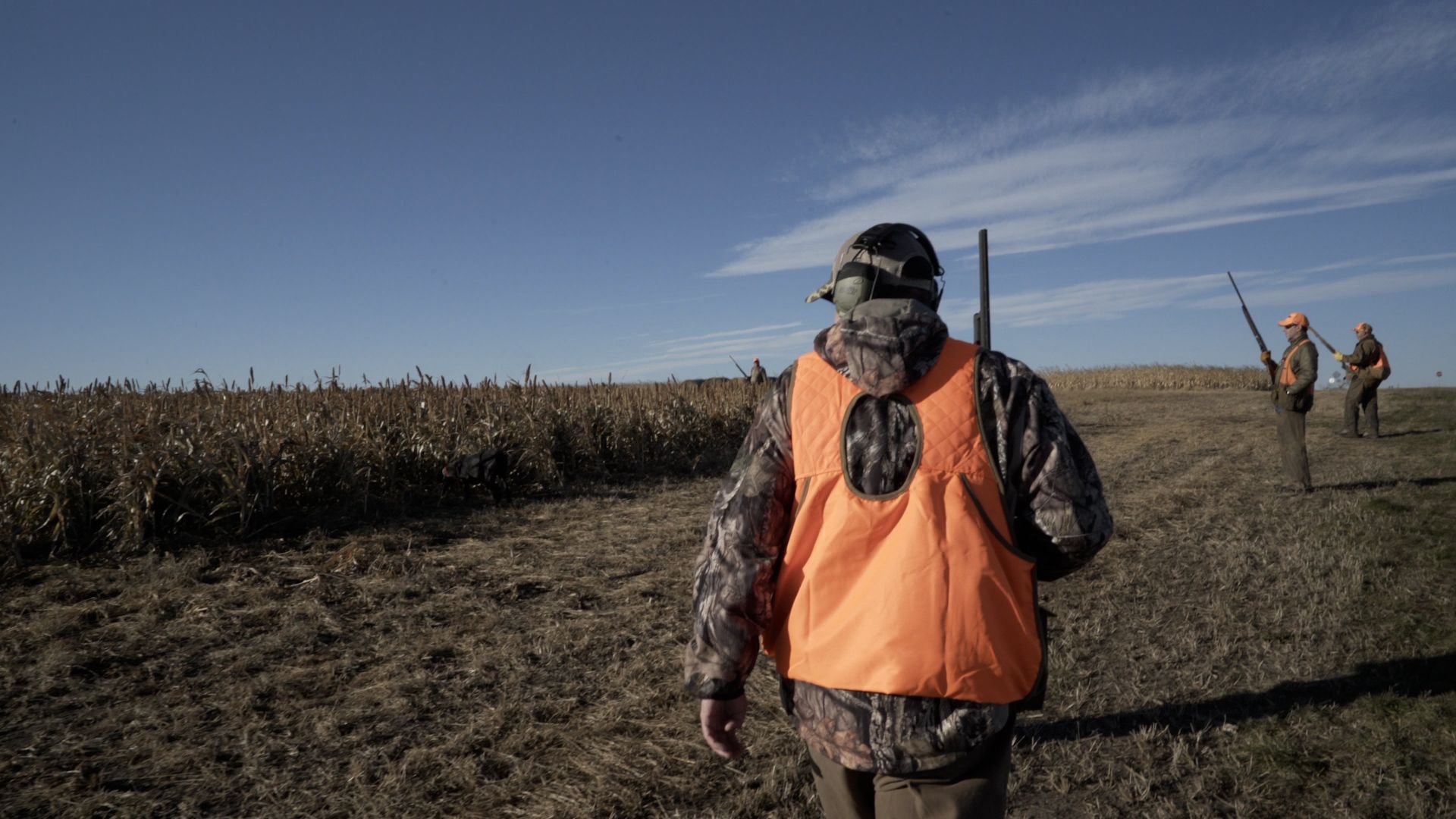
Wide Open Spaces
I've talked to multiple hunter education instructors and game and fish employees in the past year about the issues facing hunting and one point I've heard brought up again and again is access. Unfortunately, some of the best hunting areas out there are behind big "No Trespassing" signs on private land. It gets difficult to convince someone to try a new form of outdoor recreation if they do not have a location they can enjoy it in. In a way, it's like trying to convince people who live in a scorching desert they should take up ice skating. It's going to be a tough sell.
Hunters need to be better proponents and stewards of public land opportunities. If possible, hunters should donate to programs that will help acquire new public lands. Or they should open their own private lands to more hunters, especially the newer ones through volunteer work or access programs. Hunters who own tons of acreage have gotten extremely over-protective of their lands and it may shut out people who may not be as privileged financially.
On a recent pheasant hunting trip to South Dakota, I learned about a hunter access program put together by the city of Aberdeen. Hunters there went to local businesses to get donations that was then used for financial incentives for the many farmers and private landowners in the county to open their lands for public hunting. While the program was met with a few raised eyebrows at first, it has now been wholly embraced by the community. Aberdeen, South Dakota is now considered a destination point for pheasants because they have so many opportunities. To the point there are even freezers in the local hotel lobbies for hunters to store their harvests while staying there. Talk about a hunting success story!
The great thing about that program is the public lands I hunted on that trip were uncrowded because there is so much opportunity in the area for everyone, even visitors from out of state. The more hunting opportunities there are, the more likely you are to get new participants because they finally have a place to hunt.
Make our recruitment efforts more diverse.
This is the second time I've written about this in recent months, but it bears repeating, the U.S. is changing significantly. The U.S. Fish and Wildlife Service estimates hunters are 97 percent white. Sadly, it's going to be hard to bring in more African Americans, Asian Americans, Hispanics, and Latinos when they do not see themselves represented in great numbers in our ranks.
Case in point, Hispanics and Latinos make up one of the smallest segments of the current hunting population, while their population is the mostly rapidly growing one out there according to U.S. Census data. It doesn't take a rocket scientist to realize we are failing to reach the Hispanic and Latino community.
Simply put, we need to cast a wider net when it comes to recruitment efforts. We need to figure out ways hunting will appeal to these demographics and then play to those interests in hunter recruitment and retention. I'll admit, I'm not exactly sure what the drawing factors will be for those groups, nor do I know how we modify our recruitment efforts to appeal to them. Perhaps some surveys of lesser-served groups of hunters are in order by state and federal agencies?
Whatever we do, we need to start building diversity in hunting quickly. The United States is changing rapidly, and the hunting tradition needs to change with it. I can guarantee a long, slow death if it doesn't.
Be a little more cautious with established hunting stereotypes.
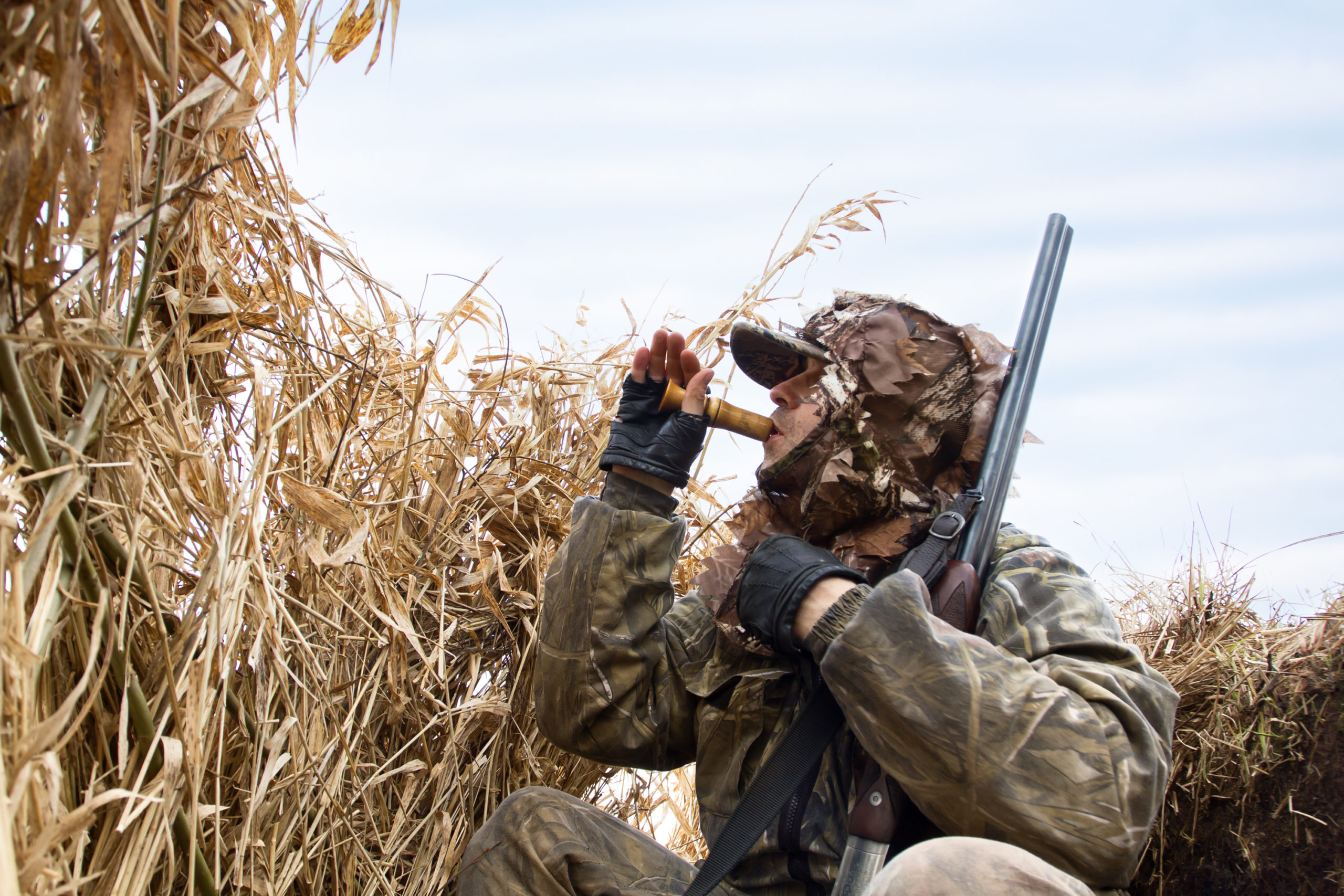
Getty Images: PavelRodimov
Before you hate on me, hear me out on this one. Many hunters these days have fully embraced some of the stereotypes that have developed about hunters over the years. For many, the title of "redneck" is now a sort of status symbol relished by some hunters. To the point a whole industry of stickers, T-shirts, and other custom gear are now sold proudly proclaiming it. I've felt for a while this act of openly embracing these things may be slightly off-putting for prospective new hunters. Especially those lesser-served demographics we talked about earlier.
Maybe we need to put a little extra emphasis on the fact we embrace these stereotypes as a joke or parody. Because many non-hunters who are coming in green to the tradition may not be able to understand the difference right away. That's how engrained these stereotypes are in our society. I don't want total newbies to get the wrong idea and get turned away thinking most hunters are a bunch of poorly educated idiots. Because as we all know, that's not the case. And for the record, I'm not saying you cannot embrace those stereotypes if you so desire. It's a free country after all. And I enjoy fun characters like Rut Daniels as much as the next guy.
This goes back into what I talked about with my previous point. We need to make hunting open and welcoming for a more diverse group and we can do that simply by making clearer definitions between the serious and the fun. Because the lines have gotten a little blurred and the non-hunting public may not realize there's a huge difference between a character like Elmer Fudd and the real men and women who enjoy this tradition. And once non-hunters realize we're just having fun with these things, they'll probably be a little more likely to join our ranks because they'll want to have fun too.
Products featured on Wide Open Spaces are independently selected by our editors. However, when you buy something through our links, we may earn a commission.
For more outdoor content from Travis Smola, be sure to follow him on Twitter and check out his Geocaching and Outdoors with Travis YouTube channels.
NEXT: THE AXIS DEER AND HOW THEY'RE IMPACTING PARTS OF THE UNITED STATES
WATCH
